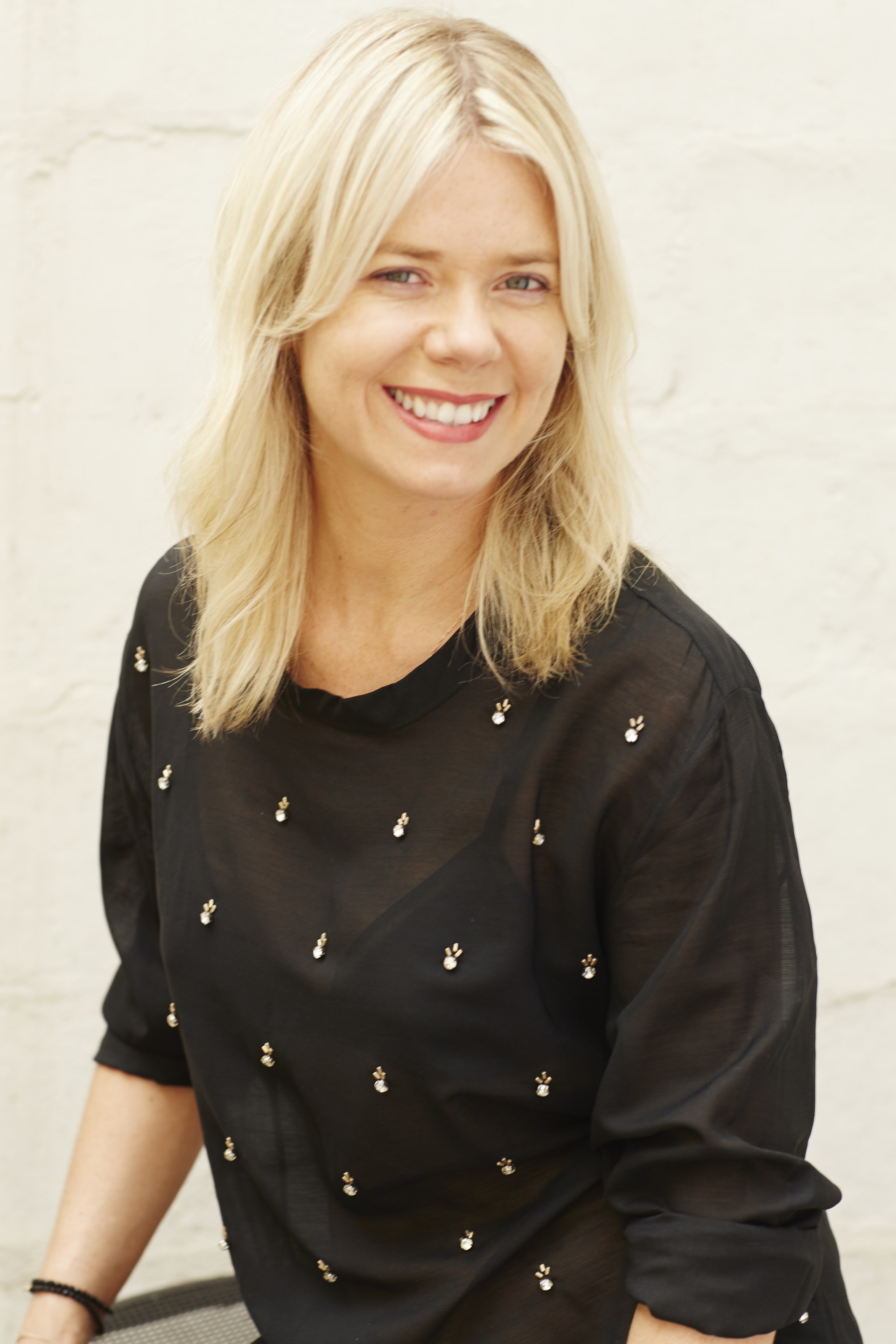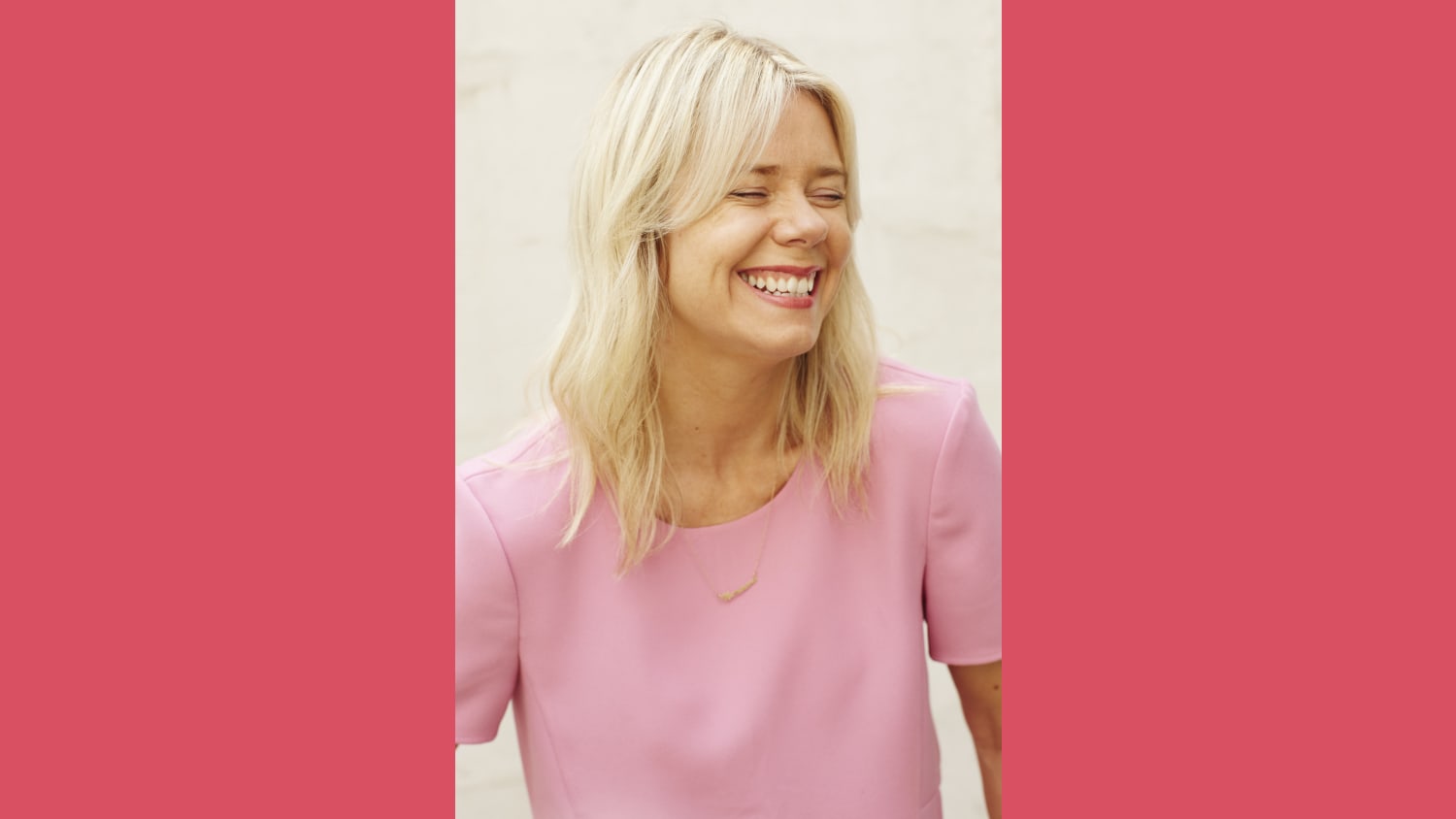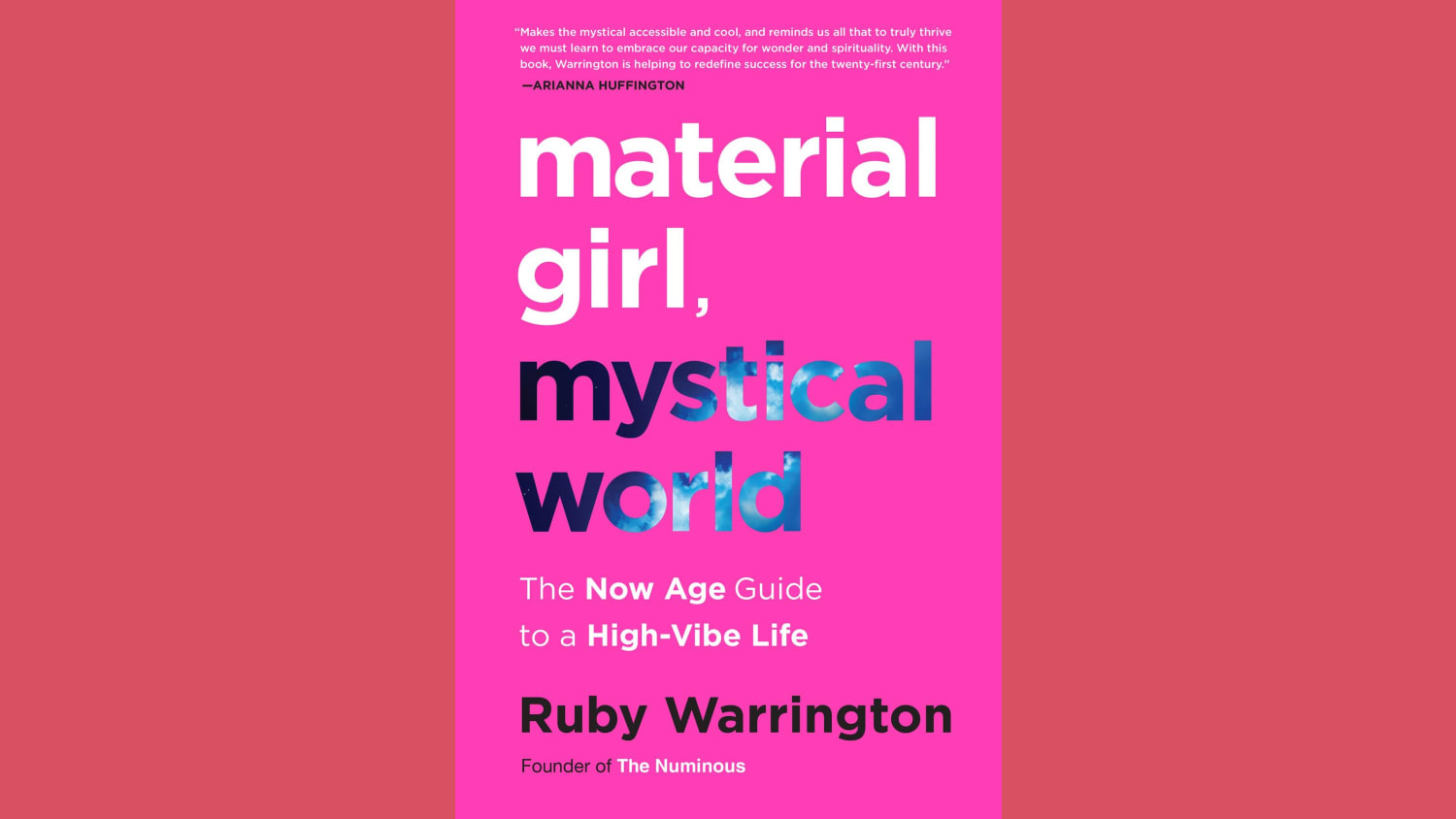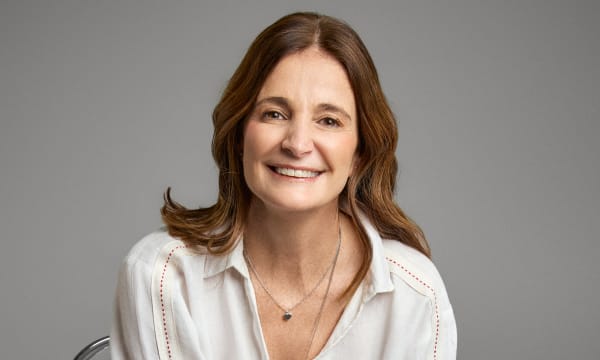Having the kind of mind that I do, I immediately imagined it on the cover a magazine. I was entranced by her tales—but I was like, “this whole world could use a major image upgrade. Let’s bring this out of the closet, and shine a light on it.”
After I moved to New York City with my husband in 2012 and found myself with time on my hands, I threw myself into my Numinous research, and all the experiences that came along with that. The book is an introduction to the topics I cover on The Numinous—everything from astrology to tarot, psychics, shamanism, medicine, crystals, through the lens of my personal experiences.
For a long time, there has been a presumption that to have a spiritual awakening you must leave the city, go off on a pilgrimage, and leave all material things behind. I had the opposite experience: I moved to New York City and had a spiritual awakening here. I’ve been describing my book as “Sex and The City meets Eat Pray Love.” You don’t have to throw it all away to connect to a sense of you own spirituality—in fact, embracing the mystical as part of a modern urban existence balances out the intensely materialistic culture that we live in.
Would you say this different approach to materialism is the main difference between what you call the “now age,” and the New Age that we’re all familiar with?
The New Age was a much more extreme reaction against the systems and dominant mainstream values of the 1960s, and spoke to the dawning of the more radical astrological Age of Aquarius—which we began transitioning into collectively at the time. We’re now fully living in the Aquarian Age—the “new” age literally IS “now.”
But “now age” also speaks to the fact we live in a culture of instant gratification, which has both negatives and positives. It massively feeds into addictive tendencies: our addictions to work, to substances, to consumerism. Tools such yoga and meditation are an effective counterbalance to this. But, on the other hand, instant access to information is also awakening people’s minds and elevating consciousness.
Why is the “now age” resonating with people, and what separates The Numinous from some of the other lifestyle platforms out there?
Living in the now age also means we are constantly on. We have to actively seek out practices and philosophies that allow us to switch off and be quiet, because we would go insane without them.
So when people say “isn’t this just a trend?” my answer is no—unless the rapid advancement of technology, and the 24/7 dissemination of information we’re experiencing is also a trend. In the now age, we spend so much time in our heads processing this information that our bodies get very neglected, and this can lead to physical and mental health issues. The practices and philosophies I cover on The Numinous and in my book will only become more and more necessary.
What separates The Numinous is that I also wanted to make this world fun and accessible, glamorous and glossy. There are other elevated spiritual platforms, but there is often an air of seriousness—this idea that to follow a “spiritual” path can’t also be fun. I’m like, no! That’s going to turn off so many people who could benefit from having access to these tools. Tools which I see as our birthright.
Even brands that didn’t start off spiritual are now embracing aspects of this movement. What are your thoughts on Goop, for example?
Gwyneth Paltrow has long been a forerunner in the wellness scene, and I think it makes absolute sense that she and her team are launching into this world. I see it as the natural progression of the wellness revolution. You clean up your diet, you start doing yoga, you feel different, and you begin to see the world differently.
And your priorities shift. It’s no longer aspirational to go for a “boozy brunch” in the Hamptons. You know you’re going to feel much better if you go on a yoga retreat. Then, you begin to seek out all the other things that make your soul feel good, and that enable you to show up in the world as the person you truly know yourself to be.
We recently put out a report on health and wellness, The Well Economy. How are health and wellness wrapping in spirituality?
One way is with holistic workouts. For example, Taryn Toomey is a fitness and exercise guru who has created a workout called The Class—which speaks to the emotional and spiritual aspects of “wellness” as much as the physical and mental. So, I think we’ll see a lot more of this in fitness specifically.
Amanda Bacon [founder of Moon Juice] has come in for criticism for being so out there, but there’s an interesting message in what she’s doing also—which is the idea that what we eat has a healing component. An exciting proposition, particularly when people know that food can be so poisonous now, and that diet is at the root of so many chronic health issues. I think that hopefully “food as healing” will be something that comes out of this. Ayurveda, for example, is having a real resurgence right now.
What about crystals? Are you really saying they have health benefits?
In the chapter on crystals, I talk about how, for me, crystals are the biggest leap of faith. Having said that, I’ve been sleeping by my amethyst for the past year, and despite my book coming out making this the most stressful year of my life, I’ve consistently gotten great sleep!
For me, crystals are a good entry point because they’re so pretty and consumable. You can wear them as jewelry and it becomes a talking point. Personally, I don’t need to know how they work, I would rather ask why we perceive them to have a healing effect—that’s what makes life feel rich and exciting to me. The “why” is actually much more important when you’re looking at consumer behavior and large-scale trends.
What happens when brands get in on the “now age”? Can it be a win-win for brands and consumers?
What is not good is when brands co-opt the basic human desire to be loved and fit in, and abuse that relentlessly in the name of profit. But if you can look at that desire to feel connected—to ourselves to each other, and to the planet—and provide products and services that genuinely facilitate this, while also being conscious of the impact on the environment, I see huge opportunities.
Are there any stories or parts of the book that you’d like to highlight?
The chapter on Burning Man is quite funny. It’s really about hedonism, and how I’m still a confirmed hedonist—it’s just I’ve realized drink, drugs and fancy outfits are like hedonism for beginners. The true, feel-good pursuit of pleasure is about feeling connected to yourself, and feeling as alive as you can and as inspired as you can, and using all of these tools to facilitate that.




